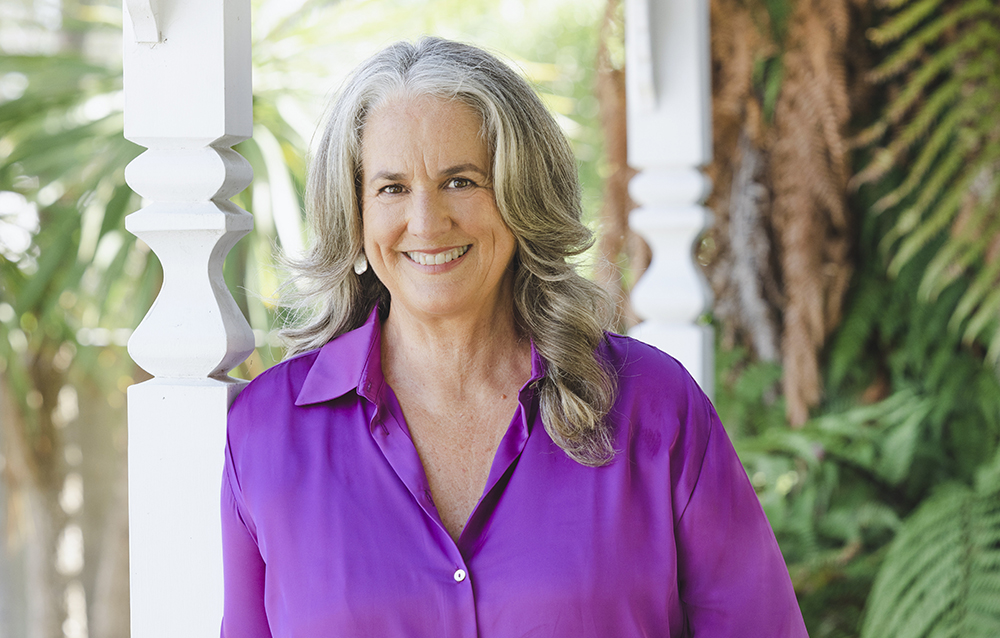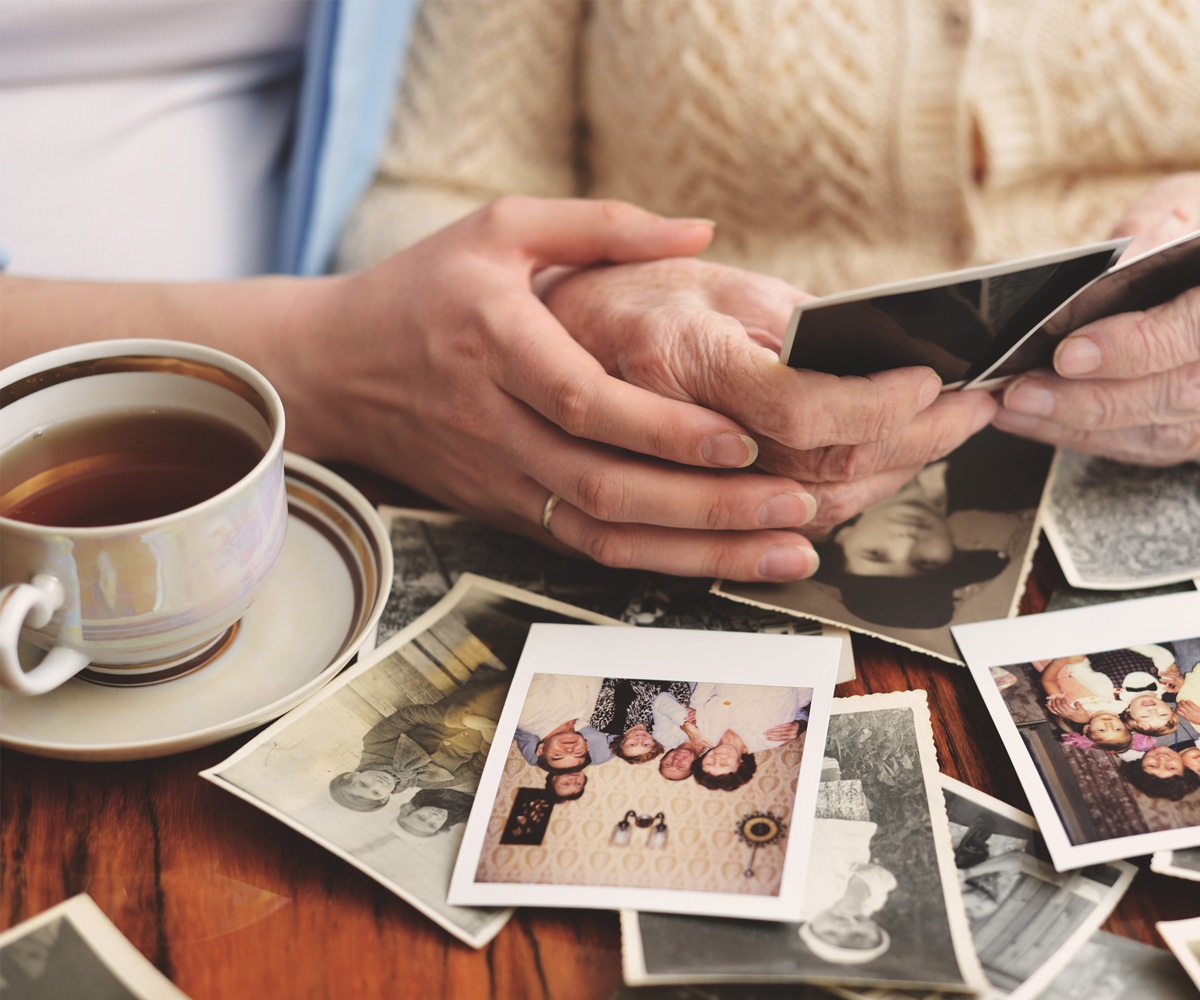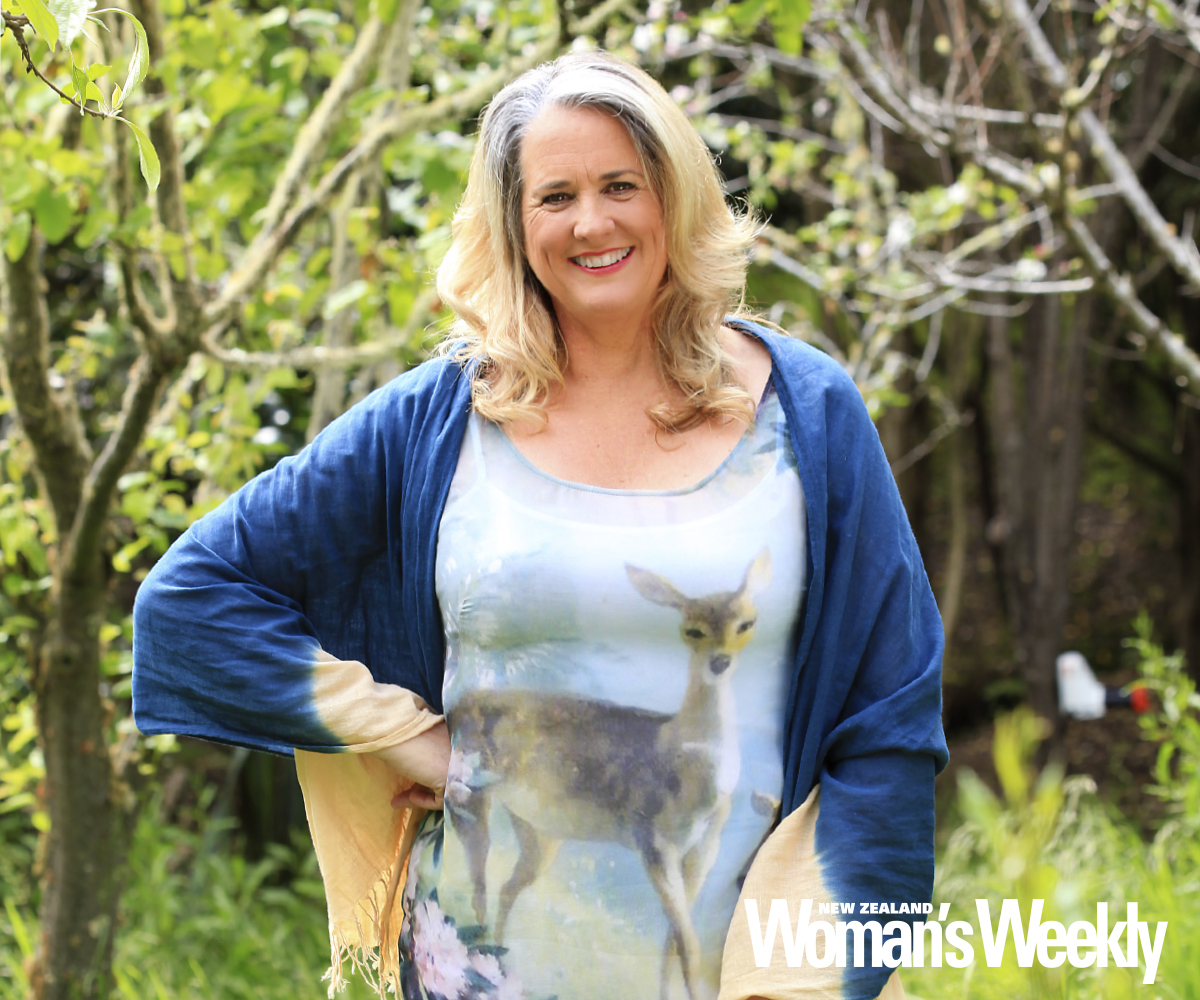Former magazine editor and broadcaster Wendyl Nissen has left the city behind and forged a new simpler, healthier life in the Hokianga with her husband Paul Little plus a menagerie of chickens, dogs and cats. She has also written a new book, Natural Care, filled with inspiration to help New Zealanders look after ourselves and our land.
What inspired your latest book about natural living?
To be honest, I didn’t think I had another one in me. I’d already done The Natural Home and A Natural Year. But then the pandemic hit and I realised that caring for yourself and other people was going to be even more important. I had started reading some worrying things, like if you’re overweight then you’ll get Covid-19 more severely. Also, my mother died in 2019. She had diabetes, heart disease, Alzheimer’s and couldn’t walk very far. I realised that I didn’t want any of that for myself. I’ve never minded my size, but I was at risk of getting sick if I didn’t take this seriously. So I started writing and by the time I’d finished, I had lost 23 centimetres from around my waist, given up social media and started making amazing compost so that my homegrown vegetables are more nutritious.

How did you lose the weight?
Eating low-carb, so no pasta and bread, and instead having lots of vegetables, nuts and seeds. Also, I cut down on portion size and drinking alcohol, and I started going ocean swimming almost every day, even in winter, which makes me feel amazing. I haven’t given up my love of food and if I go to a restaurant, I’m all in. Luckily, I don’t go to restaurants much, only when I’m in Auckland. This is my lifestyle now and I know I’m healthier for it.
You’ve written a lot about natural care. Why is it so important to you?
Actually, I think I was always supposed to be a hippie. When I was in my early 20s, I was growing my own vegetables, making bread and wafting around in muslin. Then I became a journalist, had a baby at 24, got married and had a mortgage, so being a hippie went out the window. Since then, I’ve learned a lot more about health and I think I’m returning to what I was supposed to be in the first place.
What have been the most challenging and the best things about your move from Auckland to the Far North?
The best thing is the lifestyle, which is particularly good for my mental health. I don’t really get too many problems when I’m up here. But I do miss seeing as much of our kids and grandkids. In the city, we always used to have everyone round for a big Sunday dinner. And having land – we’ve got five acres – and livestock is quite a learning curve.

How do you spend your days there and does it ever get dull?
No, it’s never dull. I’m always busy writing magazine articles or working on a book of some sort. Then there’s gardening and I read a lot. At the end of the day, Paul and I get together for what we call “staff drinks”, although he doesn’t drink any more so has a non-alcoholic cocktail. I spent many years doing the whole red lipstick, high heels, long lunch thing, but you can’t do that forever, besides I don’t want to.
You’re about to turn 60. How do you feel about that milestone?
I’ve never had a problem with getting older. I think I look my age – when you’ve got grey hair then you do look older. But I went to see a financial advisor recently and he was mapping out my life until I’m 90. At first, I was like, what? Then I realised my dad is 89 and still in good health, so that could be my life. And it felt really great to think that I’ve got another 30 years to enjoy the kids, travel and read more books.
You’re taking a holiday. Where do you go?
Italy, always Italy. I love the food and the laid-back attitude the Italians have, and the beaches and swimming in the Mediterranean. I hope to go and live there for a year, at some stage.
What is one skill you lack and really wish you had?
I’d like to be tidy, although Paul says that I enjoy being messy and that’s probably true.
What does it take to be your friend?
To make me laugh. My earliest childhood friend used to make me laugh so much, I’d wet my pants. Obviously other things like loyalty are important, but if you can make me laugh, then I’m your friend for life. I love a good cackle.


